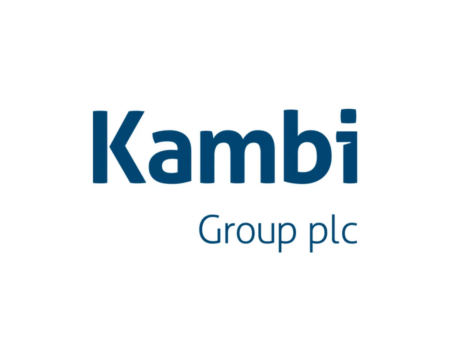The recent sentencing of Morm Rithy, a prominent figure in Cambodia‘s labor movement, has ignited a fierce debate surrounding freedom of expression and activism within the nation. As the president of the Cambodian Tourism and Service Workers’ Federation (CTSWF) and the vice president of the Cambodian Labor Confederation (CLC), Rithy’s influence within the labor sector is significant. However, his advocacy for a casino worker through a Facebook post has led to legal repercussions, underscoring the complexities of activism in Cambodia.
The Inciting Facebook Post
On February 24, 2022, Rithy utilized social media to voice concerns regarding the arrest of Morm Sreyleak, an employee at the Jin Bei 2 casino. His post not only questioned the legitimacy of Sreyleak’s detention but also called for greater transparency within the judicial system. Despite his intentions to advocate for Sreyleak’s rights, Rithy’s actions resulted in charges of incitement and discrediting judicial decisions.
Legal Proceedings and Verdict
After a prolonged legal battle, Rithy was apprehended on May 7, 2024, outside the CLC offices in Phnom Penh. Regrettably, scheduling conflicts prevented Rithy from attending the hearing, and the verdict was delivered in his absence. Consequently, the court sentenced him to 18 months in prison, a decision that has elicited widespread condemnation from human rights groups and activists.
Outcry from Rights Groups
Organizations such as Licadho have vehemently opposed Rithy’s imprisonment, denouncing it as a blatant attempt to suppress activism and intimidate labor unions. Rithy’s case is emblematic of a broader crackdown on dissenting voices in Cambodia, raising serious concerns about the erosion of democratic principles and fundamental freedoms within the country.
Broader Context
Rithy’s sentencing is not an isolated incident but rather indicative of a troubling trend of authoritarianism in Cambodia. Despite assertions by the government regarding adherence to the rule of law, allegations of politically motivated prosecutions and judicial harassment persist, tarnishing the nation’s reputation as a bastion of democracy.
Challenges to Democratic Values
Cambodia’s struggle to uphold democratic values has been underscored by its tumultuous history of authoritarian rule under former Prime Minister Hun Sen. Despite changes in leadership, the country continues to grapple with issues pertaining to freedom of expression and assembly, with little tangible progress made in advancing human rights.
Calls for Release and Advocacy
Following Rithy’s incarceration, fellow union leaders and activists have rallied behind him, advocating for his release and decrying his imprisonment as an affront to the labor movement’s ability to champion workers’ rights. As Cambodia endeavors to transition toward a more democratic society, safeguarding fundamental freedoms and promoting human rights must remain paramount.
FAQs About Union Leader Rithy Faces Legal Battle Over Facebook Critique
1. What were the specific charges leveled against Morm Rithy?
Rithy faced charges of incitement and discrediting judicial decisions due to a Facebook post expressing concerns about the detention of a casino worker.
2. When was Rithy arrested, and what was the outcome of his legal proceedings?
Rithy was apprehended on May 7, 2024, outside the CLC offices in Phnom Penh. Due to scheduling conflicts, he was unable to attend the hearing, resulting in an 18-month prison sentence.
3. How have rights groups responded to Rithy’s imprisonment?
Rights groups like Licadho have condemned Rithy’s incarceration, viewing it as an attempt to suppress activism and intimidate labor unions.
4. What broader implications does Rithy’s case have for Cambodia?
The case underscores broader concerns about authoritarian governance and the erosion of democratic values in Cambodia, raising questions about the country’s commitment to upholding human rights.
5. What challenges does Cambodia face in promoting democracy and protecting human rights?
Cambodia continues to grapple with issues related to freedom of expression and assembly, rooted in its history of authoritarian rule and political instability.
6. How can individuals support Rithy and the broader labor movement in Cambodia?
Supporters can advocate for he company’s release and amplify awareness of the challenges facing labor unions and activists in Cambodia, both domestically and internationally.


















